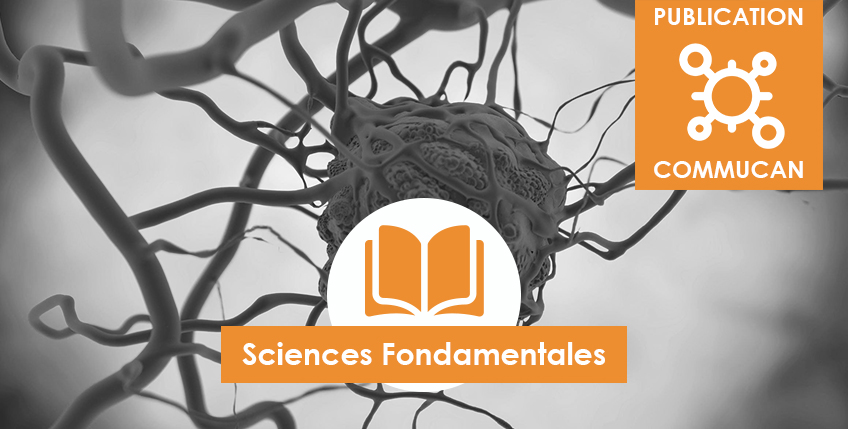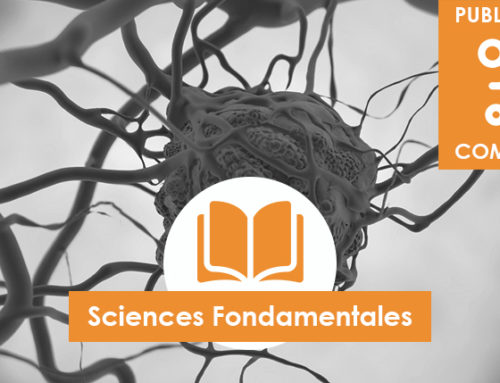Proprotein convertases blockage up-regulates specifically metallothioneins coding genes in human colon cancer stem cells
Biochimica et Biophysica Acta Mol Cell Research, Nov 2020
Gerovska D, García-Gallastegi P, Descarpentrie J, Crende O, Casado-Andrés M, Martín A, Eguia J, Khatib AM,* Araúzo-Bravo MJ,* Badiola I*
DOI: 10.1016/j.bbamcr.2020.118912
https://pubmed.ncbi.nlm.nih.gov/33249002/
Abstract
Despite continuous exertion made, colon cancer still represents a major health problem and its incidence continues being high worldwide. There is growing evidence in support of the cancer stem cells (CSCs) being central in the initiation of this cancer, and CSCs have been the focus of various studies for the identification of new ways of treatment. Lately, the proprotein convertases (PCs) were reported to regulate the maturation and expression of various molecules involved in the malignant phenotype of colon cancer cells, however, the identity of the molecules regulated by these serine proteases in CSCs is unknown. In this study, we used the general PCs inhibitor, the Decanoyl-RVKR-chloromethylketone (Decanoyl-RVKR-CMK) that inhibits all the PCs found in the secretory pathway, and analyzed its effect on CSCs using RNA-seq analysis. Remarkably, from the only 9 up-regulated genes in the human SW620-derived sphere-forming cells, we identified 7 of the 11 human metallothioneins, all of them localized on chromosome 16, and zinc related proteins as downstream effectors of the PCs. The importance of these molecules in the regulation of cell proliferation, differentiation and chemoresistance, and their reported potential tumor suppressor role and loss in colon cancer patients associated with worse prognosis, suggests that targeting PCs in the control of the malignant phenotype of CSCs is a new potential therapeutic strategy in colon cancer.
Keywords: Cancer stem cells; Chromosome landscape analysis; Colon cancer; Computational biology; Metallothioneins; Proprotein convertases; RNA-seq



